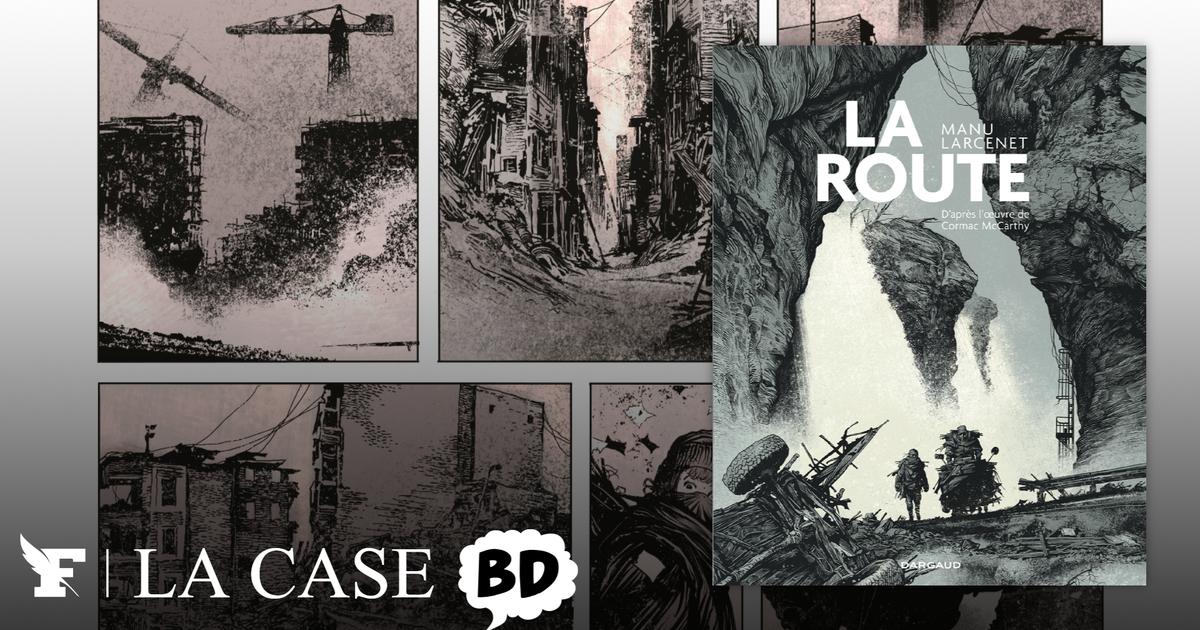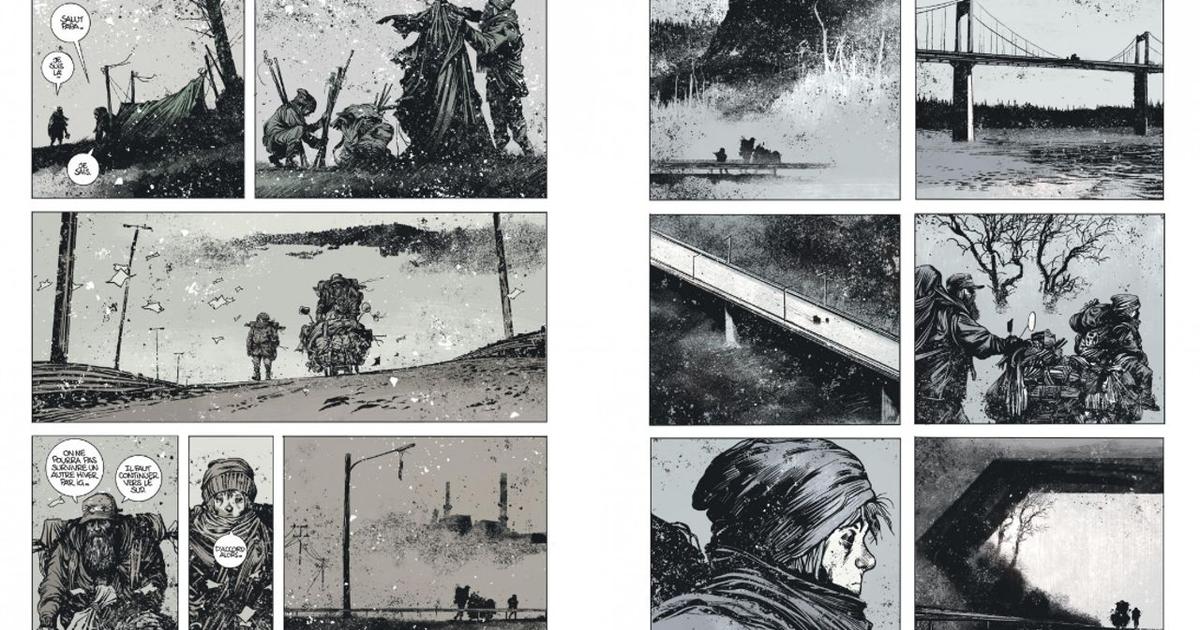After 16 years of hiatus since he published the extraordinary
The Road
, Cormac McCarthy returns to the news shelves.
And he does it with a double novel,
The passenger / Stella Maris
, which, according to the extensive article by Eduardo Lago in which he reviews the entire work of the elusive American writer, is both exasperating and brilliant.
The author "has always been attracted to those who choose to live in danger, moved by dark forces," writes Lago, but in this case he delves into other hallmarks of his work to address two novels —in reality, two phases of the same work about the lives of two brothers (he a rescue diver, she a prodigy of mathematics)—, in which the axes that articulate them are incest, rape, mental illness and various scientific and philosophical theories.
Do not run.
The (double) book goes on sale next Thursday.
In another great review of the work of an author, Patricio Pron dissects the narrative of the Argentine writer Manuel Puig (1932-1990).
With the publication of three new titles,
Blood of Reciprocated Love
,
Eternal Curse to Whoever Reads These Pages
and
Tropical Night Falls
, Seix Barral completes the reissue of the eight novels by the Argentine writer.
Reviled in his country and exiled after receiving threats from an extreme right-wing vigilante organization, it is appropriate to vindicate a writer whose shadow, so long, "gives the impression of having dissipated, but his influence is still enormous."
Among the characteristics of his way of writing, it stands out that he ceded the center of the narrative to his characters.
"That we only know how they speak, and not their creator, is just one of the elements that make these novels extraordinary," in Pron's words.
The outstanding book of the week is
In memoriam of memory
, by María Stepánova, in which the Russian author reformulates the umpteenth observation that "the personal is political" through, according to the review written by Marta Sanz, the account of the history of Stepanova's maternal and paternal ascendants, and of Russian history from the 19th century to the end of the Soviet Union.
As the Spanish writer points out, in this work “autobiography is elevated to a historical genre, ghosts are flesh and trauma, and memories are a material that is published”.
Babelia
's critics
also review the novels by Luis Mateo Díez,
My Crimes as a Companion Animal
, in which the Leonese writer resorts to a crazy narrator, the fictional writer of this novel, a cross between parade of monsters, carnival and fallas, to conclude that we are all like a watering can;
by Carlos Robles Lucena,
Cerbantes Park
, an ironic, almost “cerbantine” reading of the demoralizing cultural and social reality of our time;
and by Emilio Alfaro,
Matar, amar
, in which the journalist narrates in his first novel the tragic relationship between a repentant ETA member and the widow of a civil guard.
In addition, the review of the book of stories by Ann Beattie,
The House on Fire , stands out.
, based on the conversations of couples who have ceased to be couples and meet at the homes of common friends, and whose keys are fate and love that has pretended to end but has only changed its form.
Finally, two essays address two very different topics.
Heroes of the withdrawal
reviews in a choral volume coordinated by historians Gaizka Fernández and Sara Hidalgo the history of the political-military terrorist group ETA on the 40th anniversary of its dissolution, after the success of a negotiation that in 1982 managed to reduce the number of attacks, but sacrificed the victims' right to justice.
The military branch of the terrorist group would continue murdering for another 29 years, until 2011. For his part, Alberto Sucasas reviews the work of a reference film director in
Claude Lanzmann
, who elevated modern Judaism almost to a genre in audiovisuals
. I know,
around two historical events: the Holocaust, the Nazi extermination with six million of them annihilated by the machinery led by Adolf Hitler, and the creation in 1948 of the State of Israel.
You can follow BABELIA on
and
, or sign up here to receive
our weekly newsletter
.
Subscribe to continue reading
read without limits
Keep reading
I'm already a subscriber






/cloudfront-eu-central-1.images.arcpublishing.com/prisa/5SLP6JHNKBDUPF3ECWDUXXIS2M.jpg)


